Auto Metal China Stamping Die Products Manufacturers
Video
Specification
|
Tool type: |
Casting transfer die |
|
Materail: |
HX220YD+Z100MBO |
|
Tool size: |
2000*1290*670 / set |
|
|
|
Product Details
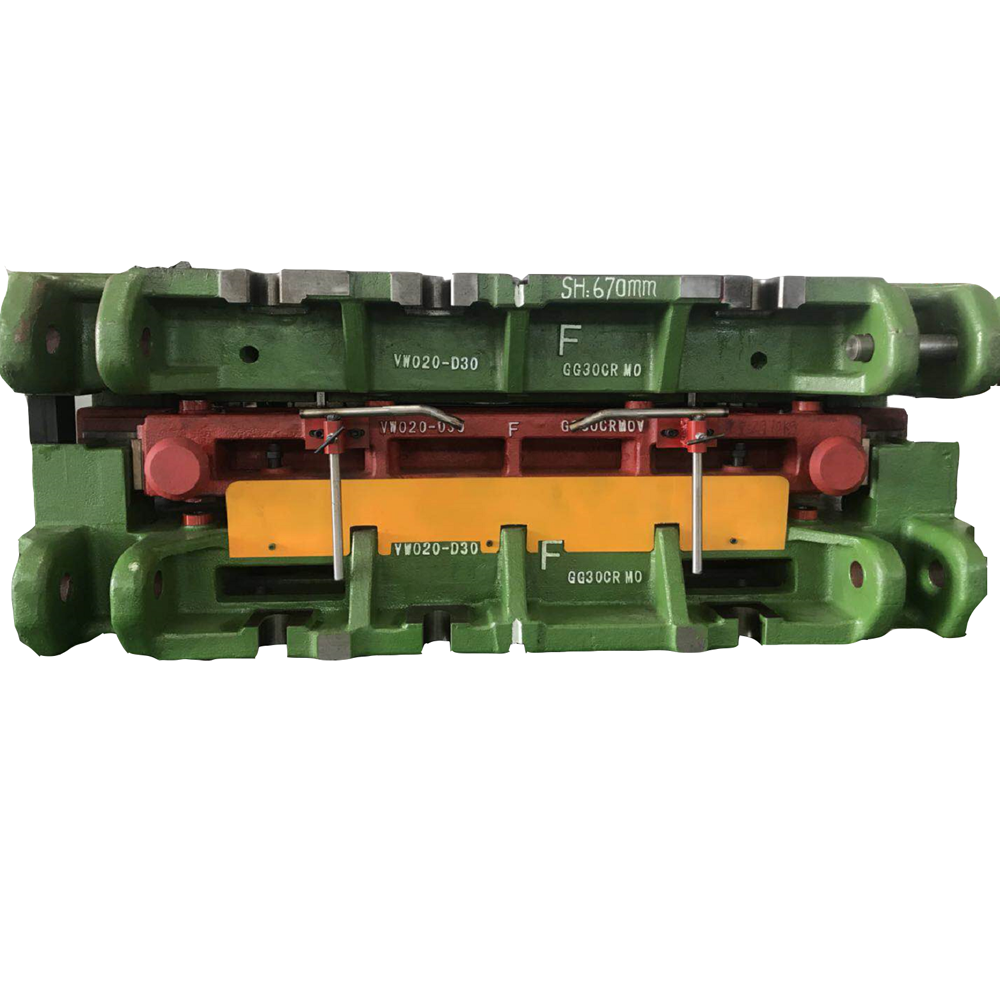
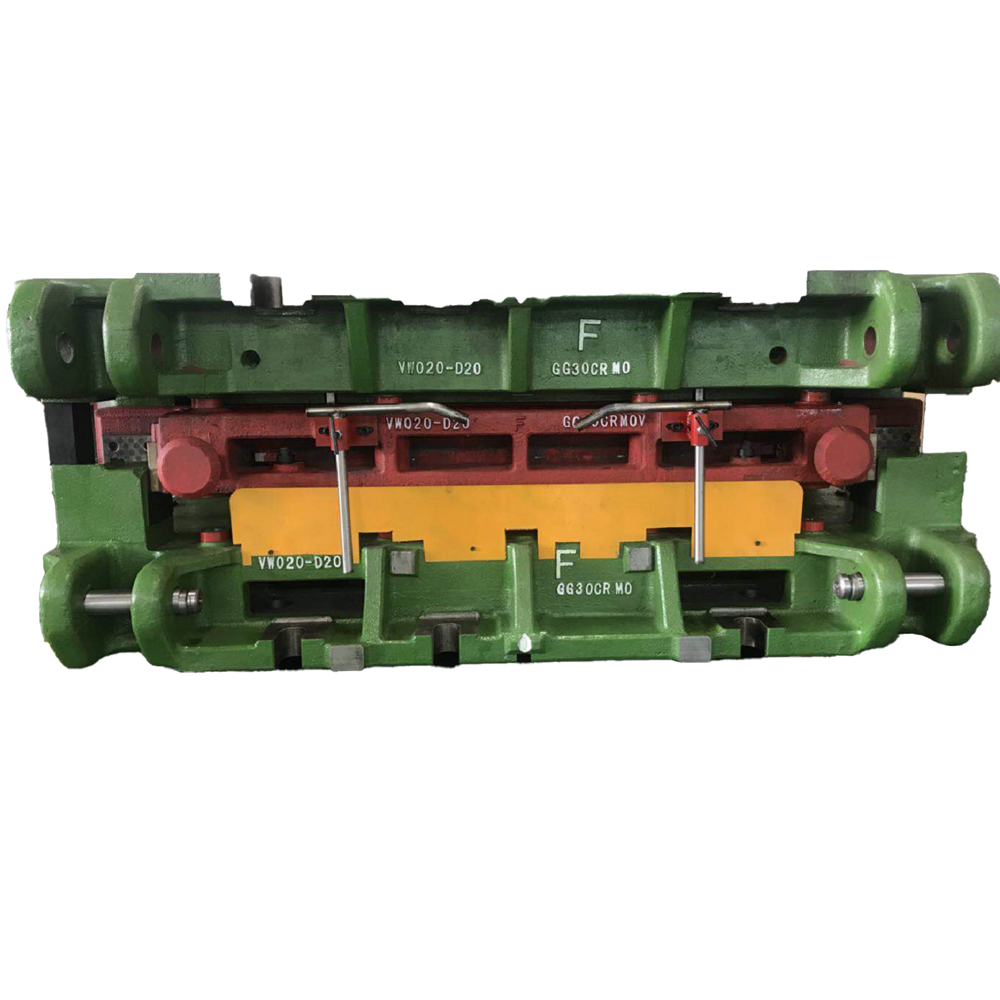
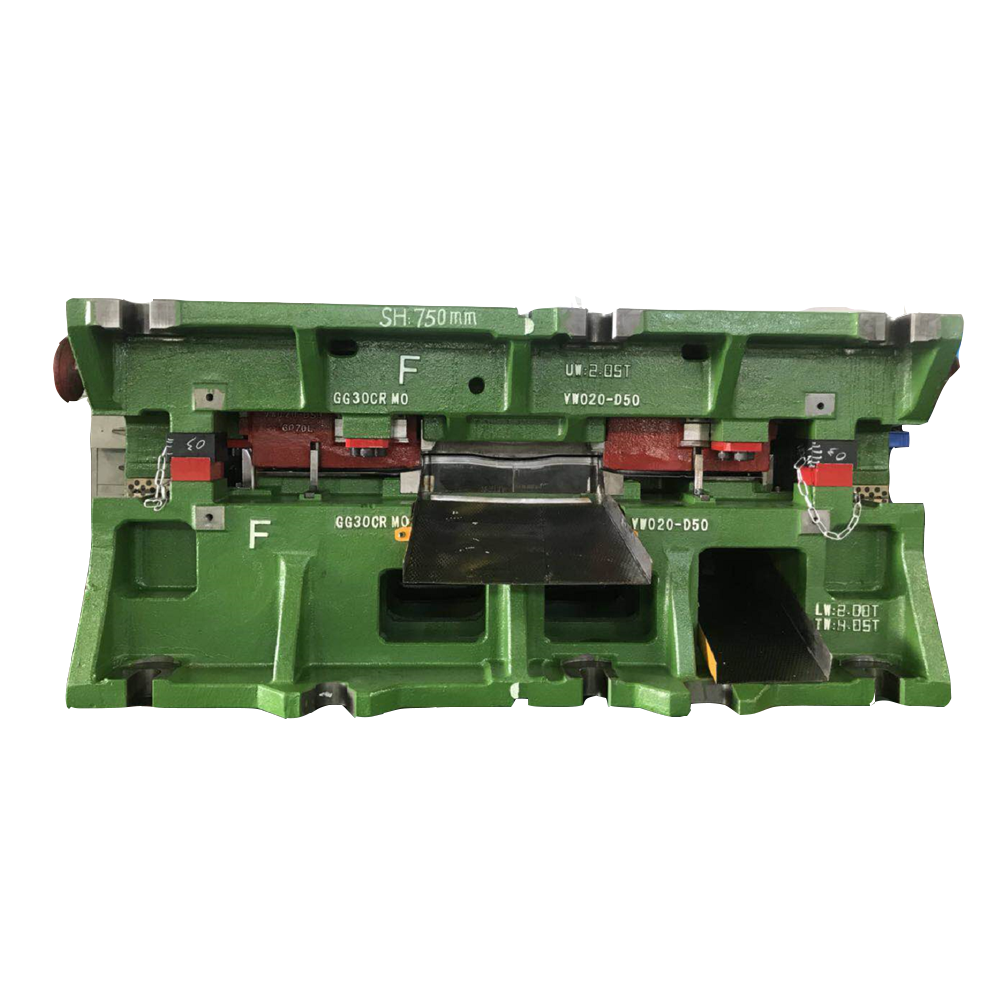
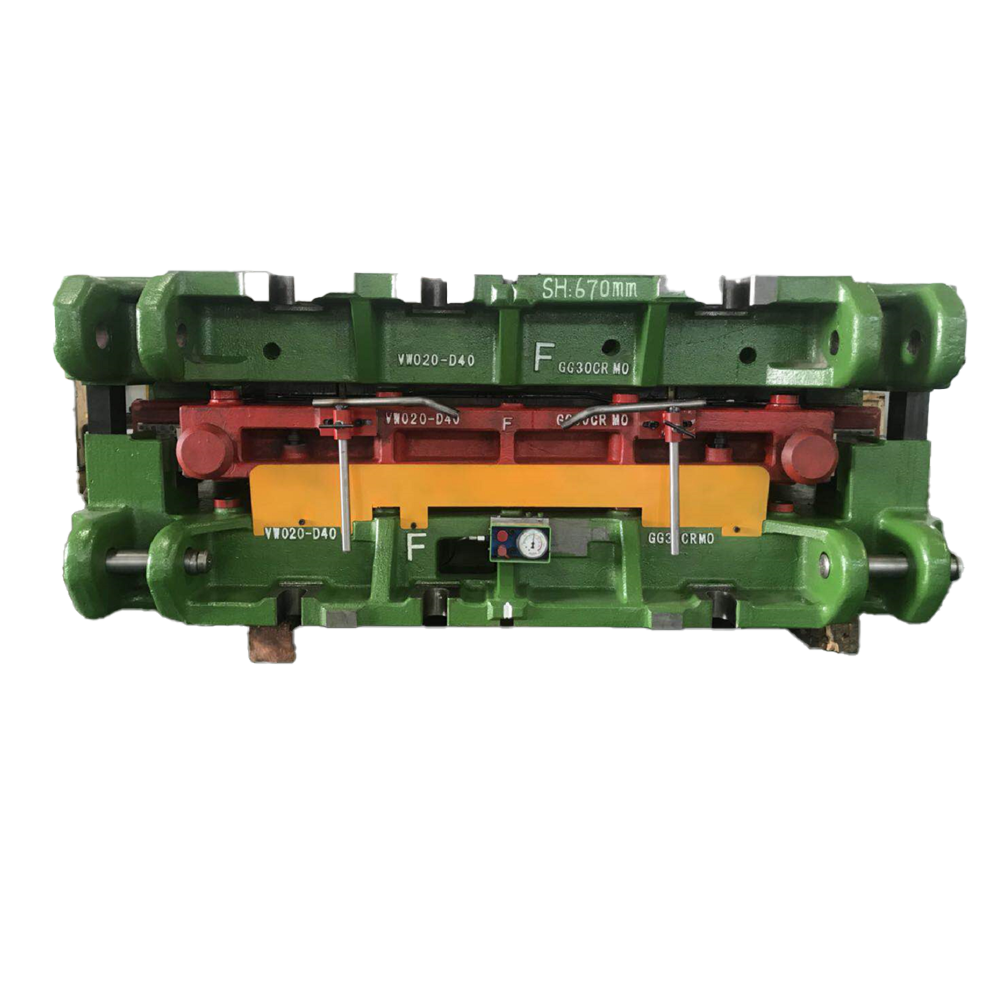
Detailed Introduction
Casting mold refers to the mold used to form castings in the casting molding process. Casting molds are matched with the casting process, mainly including gravity casting molds, high pressure casting molds (die casting molds), low pressure casting molds, squeeze casting molds, etc. Casting molds are one of the important process equipment. In casting production, this has a great influence on the quality of castings. The improvement of casting technology is of great significance for improving the quality of castings, developing new castings and improving the level of near-net processing. The progress of casting mold technology will provide more precise, complex and high-quality castings for automobile, electric power, shipbuilding, rail transit, aerospace and other industries, and promote the improvement of the overall level of manufacturing industry.
With the rapid development of industries such as automobiles, motorcycles, and aerospace, casting molds are growing at a rate of more than 25% per year. Casting mold technology has made great progress, but the large aluminum alloy engine block represented by automobiles and complex die-casting molds mainly rely on imports. my country's automobile and motorcycle industry has entered a period of rapid growth, and its output has increased significantly for many years in a row. It can be predicted that in the next 10 to 20 years, my country's casting mold production will continue to receive strong thrust and rapid growth mainly from the automobile industry. In the context of energy conservation and emission reduction, the growth of ferrous metal gravity casting molds will slow down, while aluminum-magnesium alloy die-casting molds, low-pressure casting molds and squeeze casting molds will increase significantly.
The Working Flow
1. Received the purchasing order -——-> 2. Design -——-> 3. Confirming the drawing/solutions -——-> 4. Prepare the materials -——-> 5. CNC -——-> 6. CMM -——-> 6. Assembling -——-> 7. CMM-> 8. Inspection -——-> 9. (3rd part inspection if need) -——-> 10. (internal/customer on site) -——-> 11. Packing(wooden box) -——-> 12. Delivery
Manufacturing Tolerance
1. The Flatness of Base Plate 0.05/1000
2. The Thickness of Base Plate ±0.05mm
3. The Location Datum ±0.02mm
4. The Surface ±0.1mm
5. The Checking Pins and Holes ±0.05mm

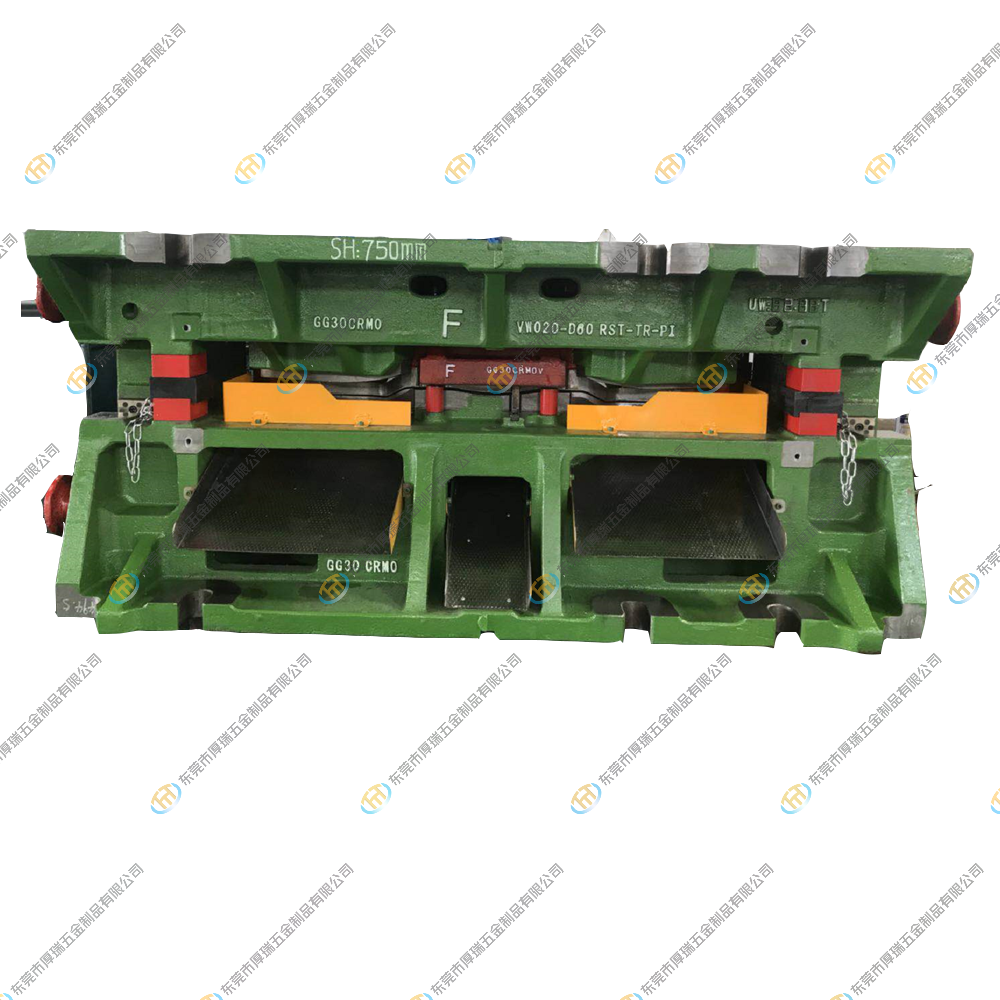
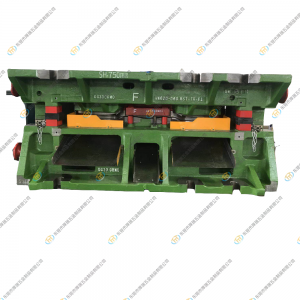

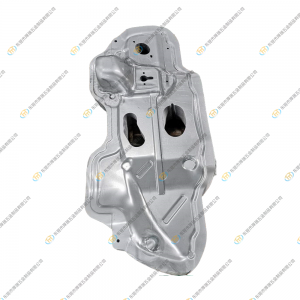
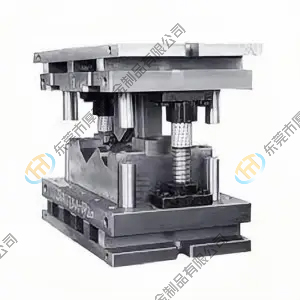
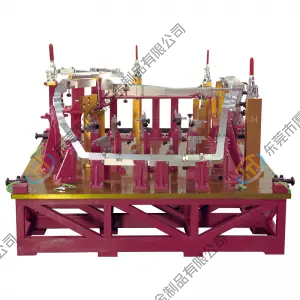

.png)
.png)